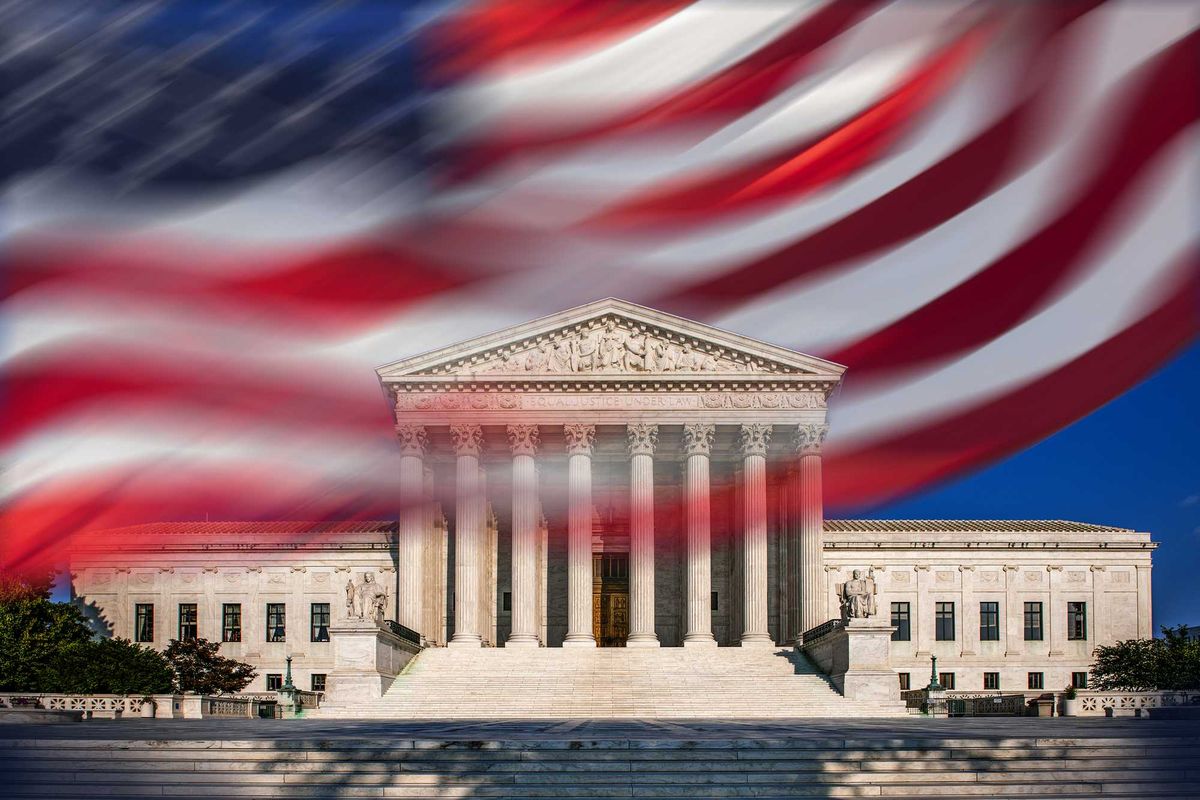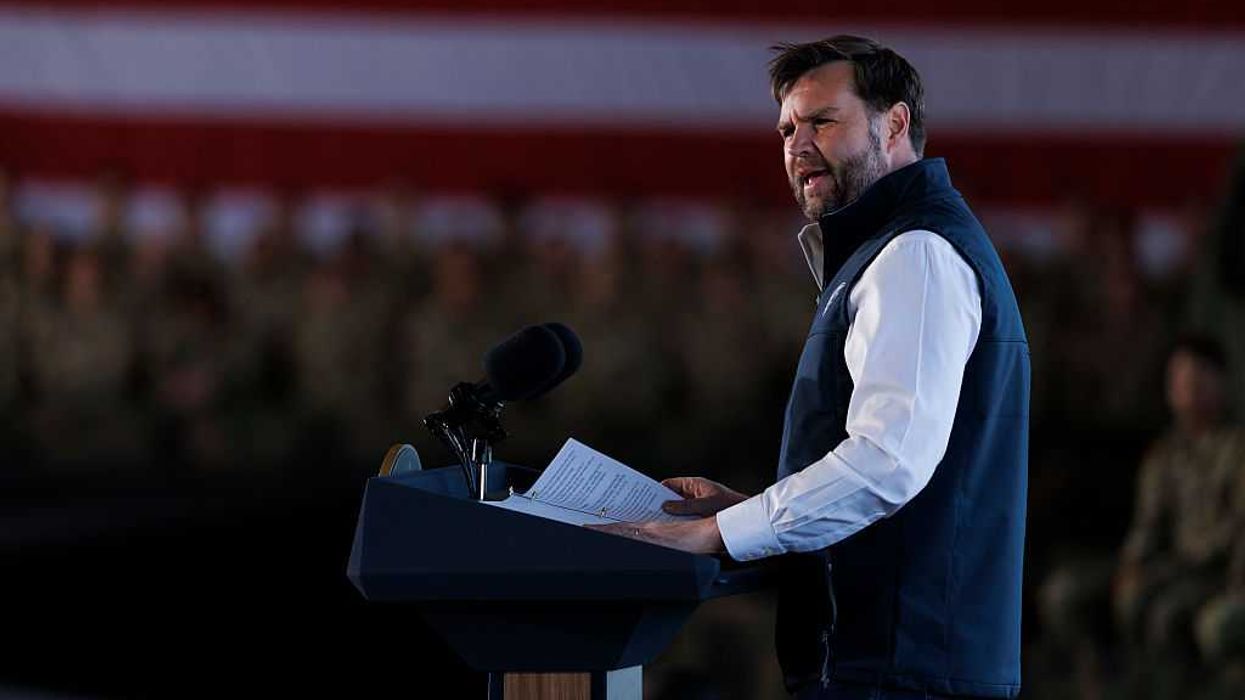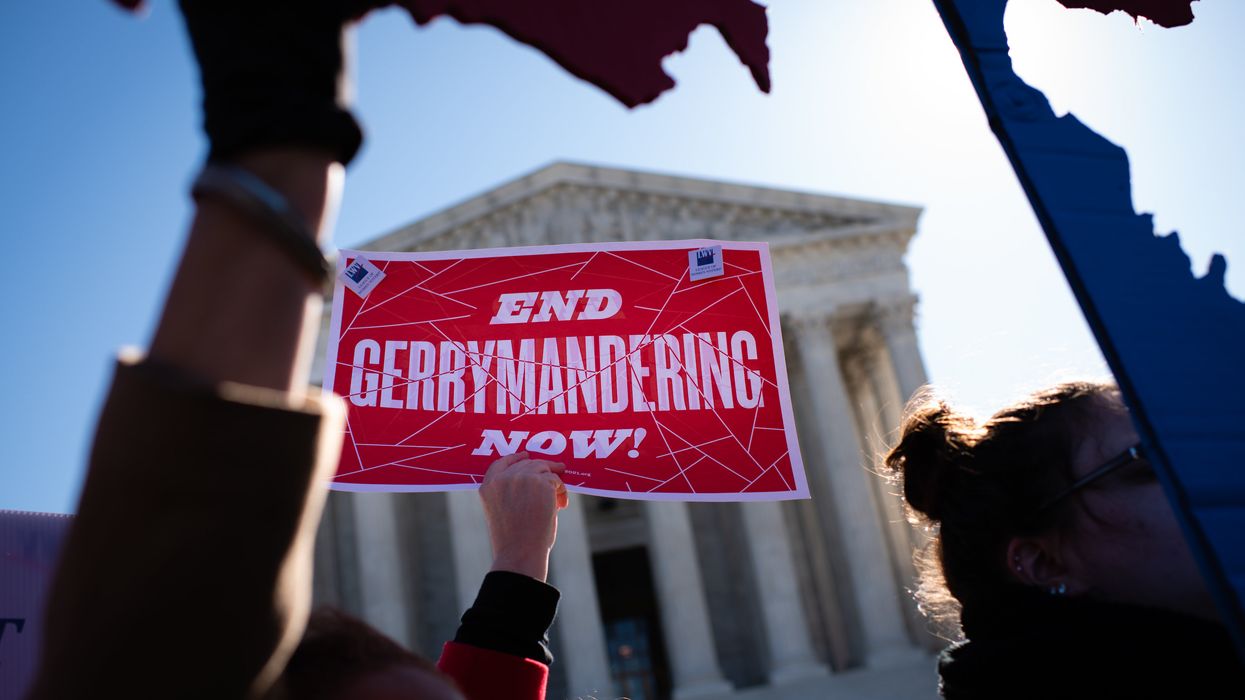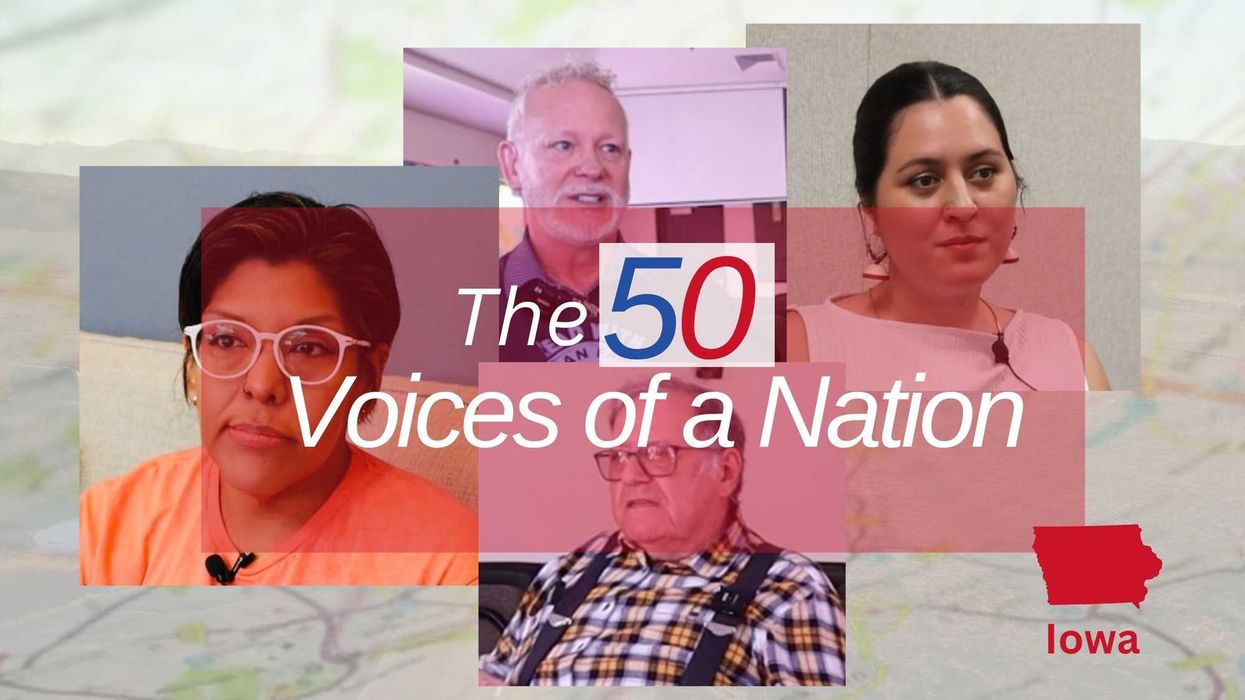The good news is that average scores by eighth graders on tests measuring knowledge of civics and history have stayed about the same.
The not-so-good news is that the number of middle schoolers considered "proficient" in those subjects — foundational for a well-functioning democracy — remains disturbingly low.
The eighth grade results of the civics, history and geography portions of the National Assessment for Educational Progress, known as the Nation's Report Card, were released Thursday by the Department of Education.
While the average civics score for 2018 remained about the same as in previous reports, only 24 percent of eight graders scored well enough to be considered proficient.
That was better than the 15 percent deemed proficient in history, and the average score on that portion of the test dropped slightly from 2014, the previous year the tests were given.
Civic engagement and education experts are concerned about these results, and the mere 25 percent of kids heading into high school with a proficiency in geography.
"The results provided here indicate that many students are struggling to understand and explain the importance of civic participation, how American government functions, and the historical significance of events," said Peggy Carr, the associate commissioner of the agency that conducted the study, the National Center for Education Statistics.
Jeanne Allen, CEO of the Center for Education Reform — which favors school choice, or using public funds to allow students to go to charter or other non-public schools — said the results show students are unprepared "for a new world of learning,"
"Not having a command of who we are, why we exist, and how one participates in society is a dismal failure of the U.S. educational system." Allen said.
CivXNow, a group that advocates for improving civic education, tweeted that the test results show "how much work needs to be done."
The results are based on representative samples of eighth graders from 780 schools — 13,400 in civics, 12,900 in geography and 16,400 in U.S. history.
The civics assessment includes understanding of the key aspects of the American political system and the principles of American democracy. The government says to be proficient in civics means understanding the purposes of government; the importance of power shared among the legislative, executive and judicial branches; and the differences between government and civil society, among other subjects.
A survey that accompanied the test found that just 22 percent of the students had teachers whose "primary responsibility" was teaching civics. Not surprisingly, these students did better on the exam.
While the actual questions used on the 2018 test are confidential, the folks at NAEP have posted sample civics questions from previous tests if you want to test your own knowledge.



















